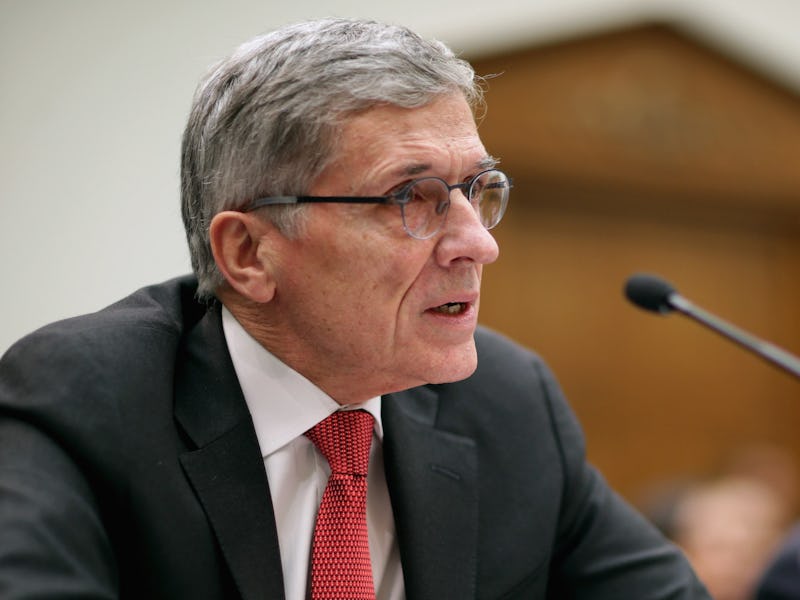The FCC Will Vote Today to Free Your Cable Box
This is going to be a big day for how you experience TV.

The Federal Communications Commission will vote today on whether to detonate a bomb on the television industry. You may have seen the audacious proposal trending on Twitter under the #unlockthebox, and what it boils down to is opening the telecom game up in a way that would allow any manufacturer to build cable boxes capable of accessing pay-TV services.
FCC chair Tom Wheeler makes a compelling argument that our current set-top boxes were built for an age before streaming video became the best way to watch TV. Meanwhile, the innovation rests in the hands of the few companies making them. Wheeler believes the change will lower prices and encourage improvements and competition.
The FCC’s statement on the proposal describes it this way:
The Chairman’s proposal will create a framework for providing innovators, device manufacturers and app developers the information they need to develop new technologies. Consumers should be able to choose how they access the Multichannel Video Programming Distributor’s (MVPDs) – cable, satellite or telco companies – video services to which they subscribe. For example, consumers should be able to have the choice of accessing programming through the MVPD-provided interface on a pay-TV set-top box or app, or through devices such as a tablet or smart TV using a competitive app or software. MVPDs and competitors should be able to differentiate themselves and compete based on the experience they offer users, including the quality of the user interface and additional features like suggested content, integration with home entertainment systems, caller ID and future innovations.
The industry itself has come out hard against this change, saying that it would ruin the economics of content distribution by hacking away at a content provider’s advertising revenue. As far as innovation, Michael Powell, the CEO of the National Cable and Telecommunications Association, called consumer promises “illusory” and predicted most viewers would end up with multiple boxes to access the content they now get through a single unit. Of course these are the same companies who say that cord cutting is just a fad.
Also, minority groups say the plan could undermine the foothold they’ve fought to stake out in the media landscape.
“The tech industry has had an awful record of diverse practices,” Alfred Liggins, the CEO of TV One, a network that serves a black audience, said in a call to reporters Tuesday. “We’ve got no belief that in this new world where we are able to unbundle our content that their track record would be any different.”
At this point, it’s worth reminding you that the changes are completely voluntary. Assuming they pass, if you like the setup you have now there’s no reason you’ll have to change.
Besides the vote, the public will be able to start commenting on Wheeler’s proposal today. If it passes, a final ruling could be adopted by the end of 2016.